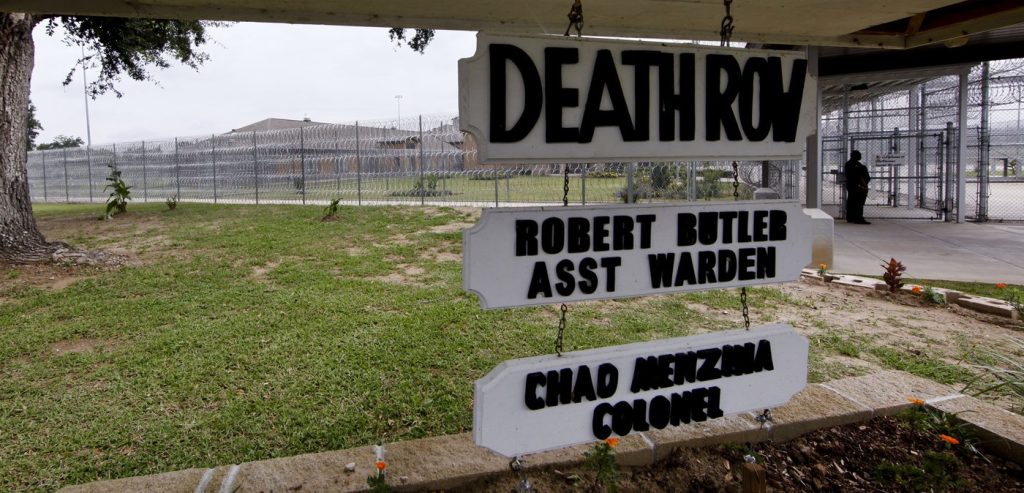NEW ORLEANS (AP) Louisiana has announced plans to resume executions after a 15-year hiatus, this time utilizing nitrogen gas as the method of execution. State Attorney General Liz Murrill conveyed her expectation that at least four death row inmates could face execution within the year, with district attorneys already seeking to schedule executions as early as March.
This renewed initiative follows the actions of the states GOP-dominated Legislature, which voted last year to expand the available methods for capital punishment, allowing for both electrocution and nitrogen gas in addition to lethal injection. Governor Jeff Landry, who assumed office last year, is committed to reinstituting the death penalty, contrasting sharply with the previous administrations opposition to the practice.
Governor Landry stated, For too long, Louisiana has failed to uphold the promises made to victims of our States most violent crimes; but that failure of leadership by previous administrations is over. He emphasized his hope that the judicial system will expedite the process to deliver justice to crime victims who have awaited it for too long.
Attorney General Murrill confirmed that executions will proceed against inmates who have exhausted their appeals, naming four men convicted of first-degree murder as likely candidates for the first executions. Out of approximately 60 inmates currently on death row in Louisiana, district attorneys have begun making specific requests for execution dates.
On Tuesday, DeSoto Parish District Attorney Charles Adams filed a motion seeking a March 17 execution for Christopher Sepulvado, who was convicted in 1993 of murdering his six-year-old stepson. Sepulvado's attorney raised concerns regarding his age and health, stating that he is wheelchair-bound and in his final days. The attorney argued that proceeding with the execution does not make sense, given Sepulvado's remorse for his actions.
St. Tammany Parish District Attorney Collin Sims also moved to schedule the execution of Jessie Hoffman, convicted of first-degree murder in 1998, although Hoffman's attorneys did not respond to the request for comment. Furthermore, a district judge temporarily halted a scheduled execution for Larry Roy, who was convicted in 1994 for murdering several individuals, including his ex-lover's partner. His legal team contended that a post-conviction petition was still pending, which should take precedence over execution proceedings.
The resumption of executions in Louisiana will utilize nitrogen gas, which, according to newly outlined protocols, involves covering the inmate's face with a mask to replace oxygen with pure nitrogen until they succumb. This controversial method has sparked debates around its psychological and physical implications, as evidenced by recent executions in Alabama, which executed four prisoners using nitrogen gas. Observers noted that inmates exhibited signs of distress during the process, raising concerns about its perceived humanity.
Advocates against the death penalty and those representing inmates on death row have described nitrogen gas executions as cruel and have urged for additional scrutiny of the method before it is fully implemented. The likelihood of suffering during these executions has prompted calls for caution, particularly given the alarming frequency of wrongful convictions in the state.
Data indicates that since the reinstatement of the death penalty in 1976, a significant number of death sentences in Louisiana have been overturned, with the majority of those on death row being Black individuals. The Promise of Justice Initiative, an advocacy group focused on criminal justice reform, has pointed out systemic issues within the state's death penalty framework, including racial disparities and prosecutorial misconduct.
Despite the pushback against the death penalty, Governor Landry remains firm in his position to advocate for victims and their families. He has reiterated the state's commitment to ensuring justice is served, marking a significant shift in Louisiana's approach to capital punishment.










